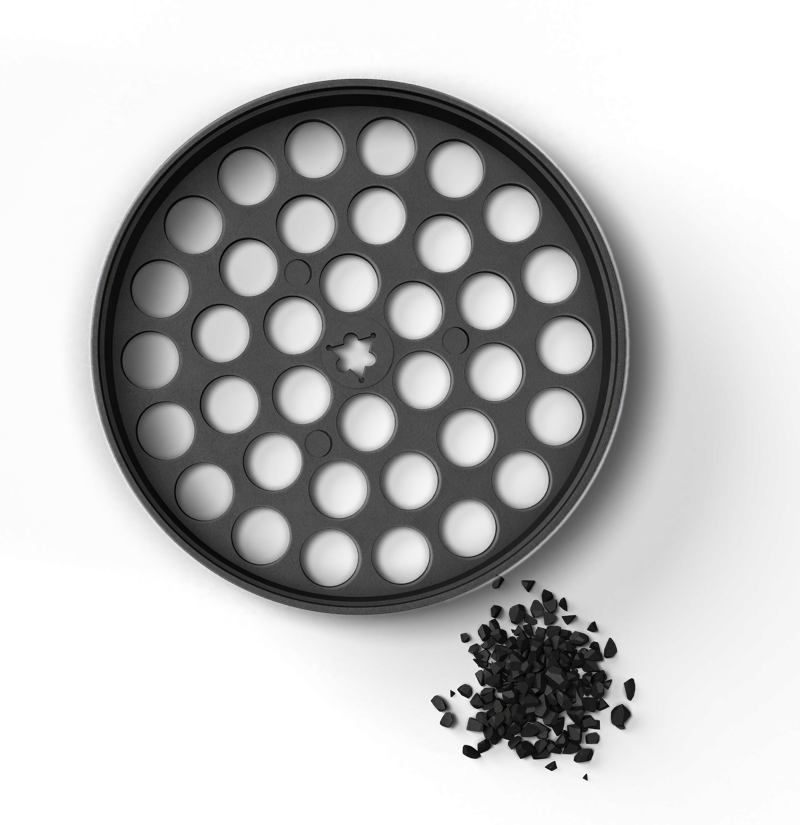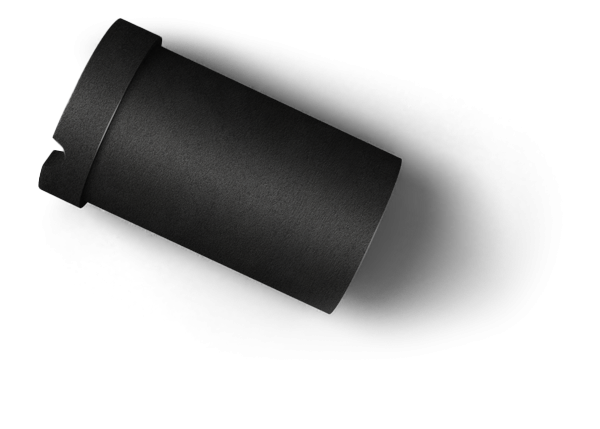| Contact us (+39) 02.40.04.30.33 | ITA | ENG |
|
| Contact us (+39) 02.40.04.30.33 | ITA | ENG |
|
Only the best for our customers

Extremely soft material, susceptible to breaking and crushing, greasy, compression-resistant, odour-free and conductive (electrical and thermal energy). Graphite does not dissolve in water and does not release composites that might cause environmental contamination.
Artificial graphite is obtained by subjecting carbonaceous material such as anthracite, coal and petroleum coke to heat treatment at high temperatures.
TE.RI. Carbon
stands for quality!
Our experts select premium graphite, taking into account quality and guarantee certificates.
Isostatic graphite
Made with a mixture of raw materials is compacted into rectangular or round blocks in a so-called cold isostatic press.
Furthermore, isostatic graphite generally has a smaller grain size than all synthetic graphite.
| Mechanical properties IG-33 grade | |
| Mechanical properties IG-47 grade | |
| Mechanical properties IG-48 grade |

Extruded graphite
It is produced through an extrusion process and has a coarser grain size, excellent mechanical strength and electrical conductivity.
Extruded graphite
It is produced through an extrusion process and has a coarser grain size, excellent mechanical strength and electrical conductivity.
CFC
(Carbon Fiber Composite)
Material with a threadlike structure made of carbon, typically used in the production of a wide variety of “composite materials" so referred to because they are made up of two or more materials which, in this case, are carbon fibres and a so-called matrix (resin) which serves to hold the fibres in place and retain the shape of the composite workpiece.
CFC is used in sintering processes, PVD/CVD, vacuum brazing, inert atmospheres and treatment under vacuum.
CFC is used in sintering processes, PVD/CVD, vacuum brazing, inert atmospheres and treatment under vacuum.
Fill in the form and let us know what you need.
We will contact you as soon as possible to provide you with all the answers to your questions.
|
|
I hereby accept the processing of my personal data and declare that I have read the privacy policy. (read the information) |